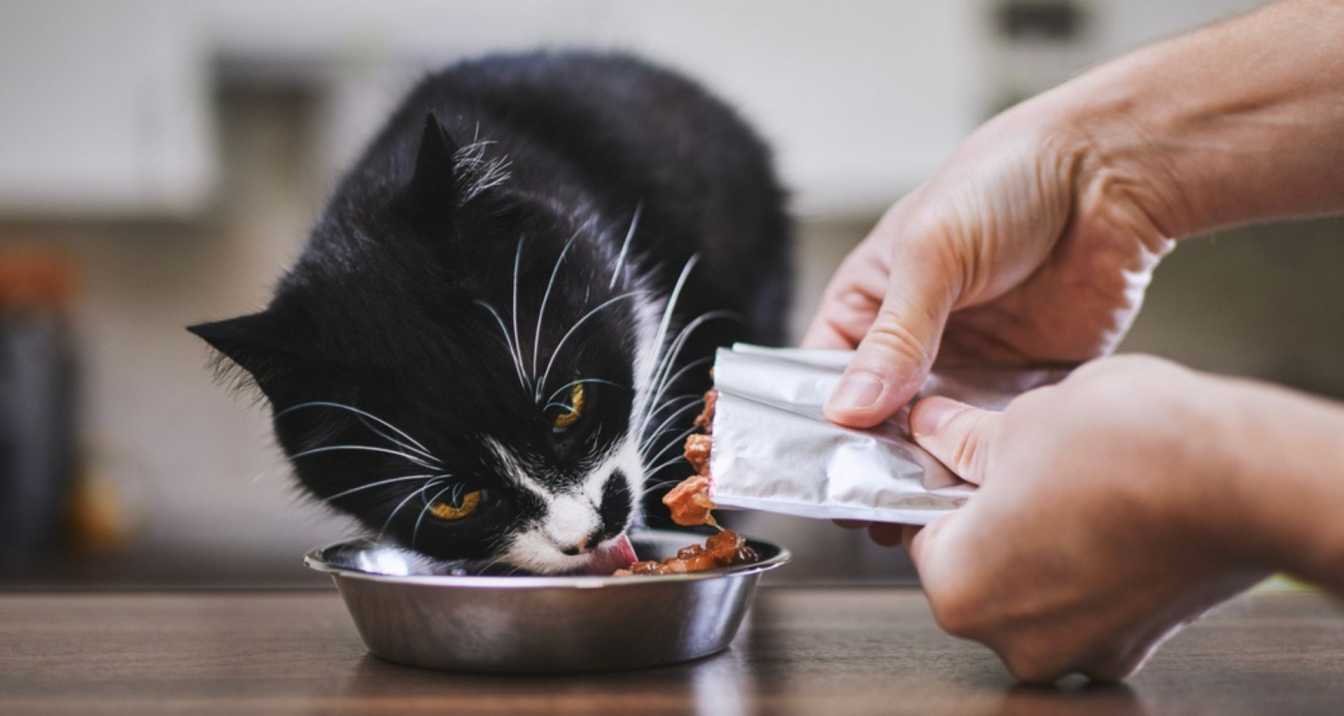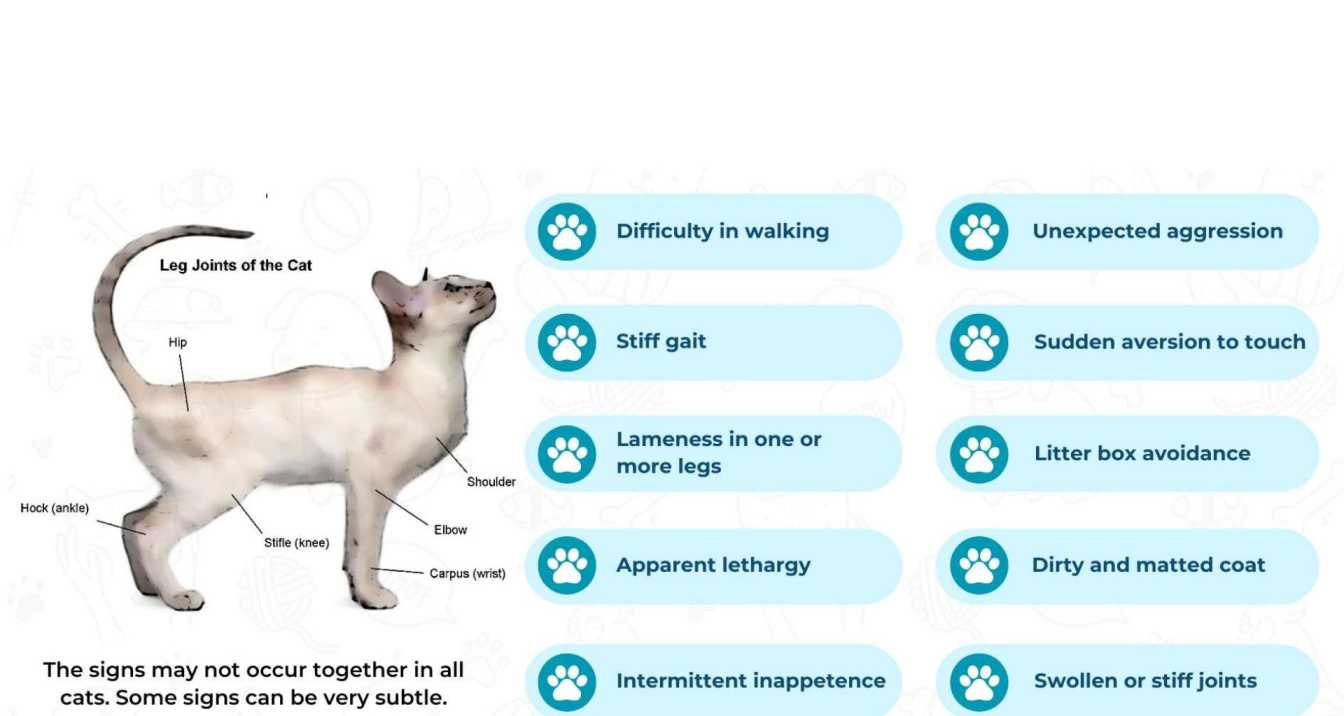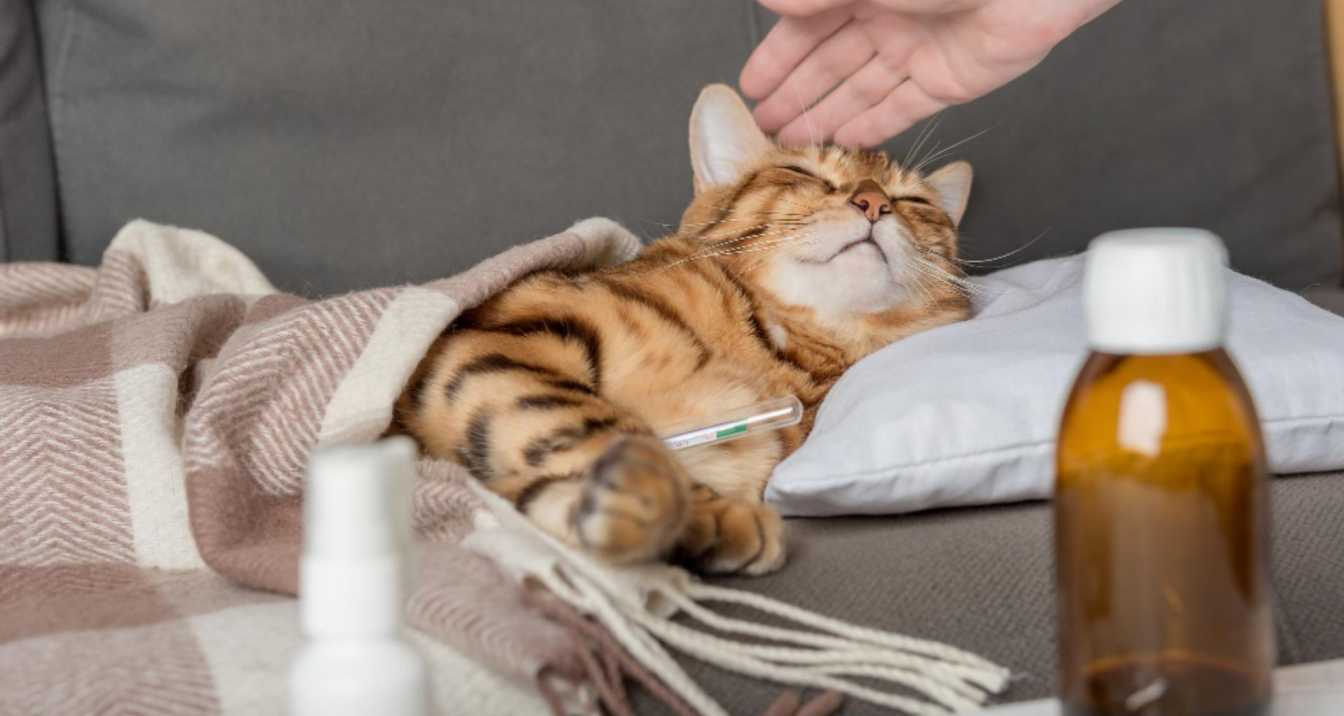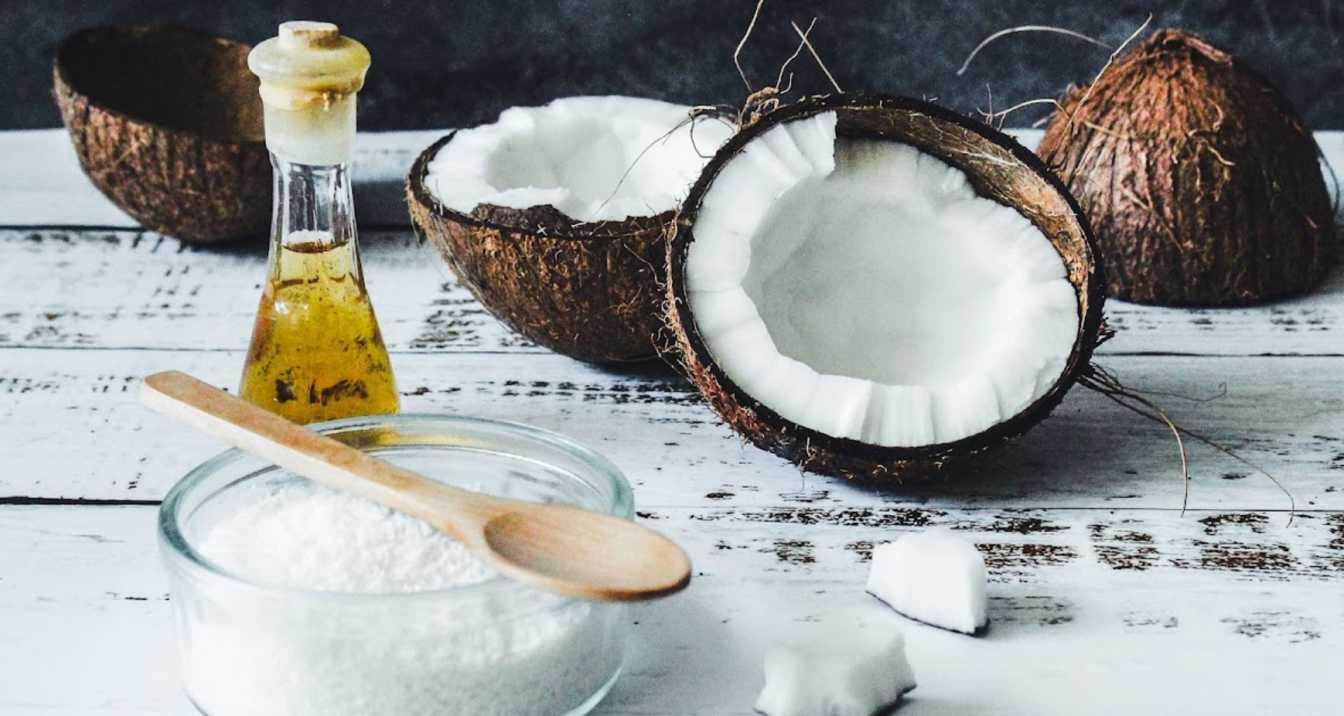5 Benefits of Coconut Oil for Cats is an increasingly popular topic among pet owners and vets. Coconut oil, sourced from mature coconuts, is beneficial for humans and our feline friends. Incorporating coconut oil into your cat’s diet or grooming routine can significantly enhance their health.
So, what are the 5 Benefits of Coconut Oil for Cats? It improves their skin and coat, making fur shinier and softer. It aids digestion and helps with constipation. It acts as a natural anti-inflammatory, reducing arthritis pain. It boosts the immune system, making cats less prone to infections. Lastly, it helps control hairballs, making your cat more comfortable. Understanding these benefits can help you decide how to use coconut oil for your cat’s well-being.
Aids Digestion
Coconut oil can be a great aid for your cat’s digestive system. When it comes to the digestive benefits of coconut oil for cats, the medium-chain triglycerides (MCTs) in coconut oil improve digestion and nutrient absorption, ensuring your cat gets the most out of their food.
How coconut oil helps with constipation and digestion

One key digestive benefit of coconut oil for cats is its ease of constipation. A small amount of coconut oil acts as a natural laxative, keeping the digestive system moving smoothly. It also helps maintain a healthy balance of gut bacteria, essential for overall digestive health.
To introduce coconut oil, start with 1/4 teaspoon per day and gradually increase to a maximum of 1 teaspoon per day, based on your cat’s size and weight.
Read more: Can Cats Drink Milk
Natural Anti-Inflammatory
One of the significant benefits of coconut oil is its anti-inflammatory properties. Using coconut oil can help reduce arthritis pain with coconut oil in cats. The medium-chain fatty acids in coconut oil have anti-inflammatory effects that can alleviate joint pain and discomfort.
Benefits for cats with arthritis or joint pain

If your pet is suffering from arthritis or joint pain, the best solution is to add a small amount of coconut oil to the food to help reduce inflammation and improve mobility. You can also massage coconut oil on the affected areas to soothe your cat,
Improves Skin and Coat Health
| Improves Skin and Coat Health | |
| One of the 5 Benefits Of Coconut Oil For Cats | Enhances skin and coat health |
| Coconut oil for a shiny and healthy coat | – Makes fur shinier, softer, and less prone to tangling |
| Coconut oil for skin health | – Treats and prevents skin conditions like dryness, flakiness, and itching |
| – Anti-inflammatory and antimicrobial properties soothe irritated skin and promote healing | |
| How to Use | – Add a small amount (e.g., teaspoon per day) to your cat’s food or apply directly to their coat |
| – Observe improvements in your cat’s skin and coat | |
| Summary | Incorporating coconut oil for a shiny and healthy coat ensures your cat enjoys soft, lustrous fur as one of the 5 Benefits Of Coconut Oil For Cats |
Boosts Immune System

Coconut oil can significantly enhance your cat’s immune system, helping them fend off infections and stay healthier overall.
Strengthen Your Cat’s Immune System with Coconut Oil
- Coconut oil for the immune system: Rich in lauric acid, which has antiviral, antibacterial, and antifungal properties.
- Prevent infections with coconut oil: Regular use can help protect your cat from common infections.
- Boost immune health: Incorporating coconut oil into your cat’s diet can enhance their overall immune response.
Examples of Immune-Boosting Effects
- Coconut oil for immune health: Can help fight off respiratory infections and improve overall health.
- Support against allergies: Regular use of coconut oil may reduce allergic reactions in cats.
- Healthy immune system: Maintains a balanced gut flora, crucial for a strong immune defense.
Controls Hairballs
Coconut oil can help in managing hairballs, a common issue for many cats. Coconut oil for hairball control acts as a natural lubricant, allowing hair to pass more easily through the digestive system. By reducing hairball formation, regular use of coconut oil minimizes the accumulation of hair in the stomach. This not only helps in preventing hairballs with coconut oil but also improves overall digestive health, further aiding in hairball prevention.
Tips for incorporating coconut oil into your cat’s diet

To incorporate coconut oil into your cat’s routine, start by mixing a small amount, such as 1/4 teaspoon, into their food. Consistent use can lead to noticeable improvements in hairball management. It’s important to monitor your cat’s response and adjust the amount as needed to maintain optimal health benefits. By doing so, you can effectively use coconut oil to keep your cat comfortable and hairball-free.
Conclusion
Incorporating coconut oil into your cat’s routine offers numerous advantages, as highlighted by the 5 Benefits Of Coconut Oil For Cats. From improving skin and coat health to aiding digestion, acting as a natural anti-inflammatory, boosting the immune system, and controlling hairballs, coconut oil proves to be a versatile and beneficial supplement for your feline friend. By understanding and utilizing these benefits, you can significantly enhance your cat’s overall well-being and quality of life.
FAQ
Is Coconut Oil Safe for Cats?Yes, coconut oil is safe for cats when used in moderation. Start with a small amount and gradually increase the dosage. Consult your veterinarian before introducing it to your cat’s diet. How Much Coconut Oil Should I Give My Cat?The recommended dosage is 1/4 teaspoon per day for small cats and up to 1 teaspoon per day for larger cats. Start small and adjust as needed. |
Can Coconut Oil Help with My Cat’s Allergies?Yes, one of the 5 Benefits Of Coconut Oil For Cats is reducing allergies. Its anti-inflammatory properties soothe itchy skin and reduce allergic reactions. |
Can I Apply Coconut Oil Directly to My Cat’s Skin?Yes, coconut oil for skin health can be applied directly to treat dryness and irritation. Massage a small amount into the affected areas. |
Will Coconut Oil Help with My Cat’s Hairballs?Yes, coconut oil for hairball control acts as a natural lubricant, helping hair pass through the digestive system and reducing hairball formation. Regular use can prevent hairballs and improve digestion. |
